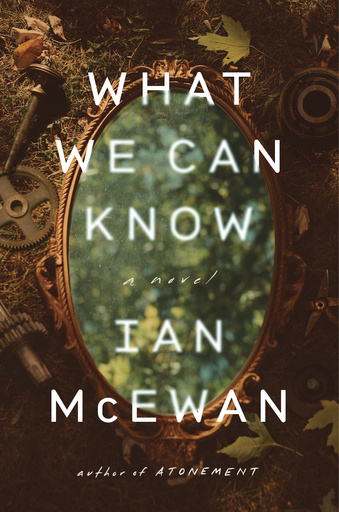
NEW YORK — Ian McEwan’s upcoming novel, titled “What We Can Know,” is set to take readers on a journey through a post-apocalyptic landscape, incorporating elements of the 22nd century, as it follows a scholar who delves deeply into a poem from more fortunate times.
The acclaimed British author, known for winning the Booker Prize, has characterized this new work as science fiction “without the science.” He described the narrative as a complex tapestry that weaves together various themes, including a quest, crime, revenge, fame, intricate romantic entanglements, mental health struggles, and a profound appreciation for both nature and poetry. McEwan explained that through the natural and self-imposed calamities that people confront, the innate human ability to endure will shine through.
“The current era offers us a wealth of information about the world, a reality that is unlikely to fade,” McEwan shared in a statement released by his publisher, Alfred A. Knopf, announcing that the book is scheduled for release on September 16. He noted that his goal was for the past, present, and future to engage with one another across the divides of time.
At 76 years old, McEwan has a history of tackling themes of disaster and societal upheaval in his works. His previous novels have addressed various pressing issues, such as the impending dangers of climate change in “Solar,” the emergence of a radioactive cloud in “Lessons,” and the challenges posed by artificial intelligence in “Machines Like Me.” In a statement, Knopf’s editor-in-chief, Jordan Pavlin, remarked that “What We Can Know” aims to probe the “limits of our knowledge,” whether that pertains to understanding others or comprehending the narrative of history itself.
Pavlin elaborated, “The book prompts readers to consider how much of our deepest personal histories and past events may remain forever hidden.” He praised McEwan’s talent, noting that the author demonstrates remarkable storytelling ability, uncovering a lost secret in a way that signifies his literary prowess.

